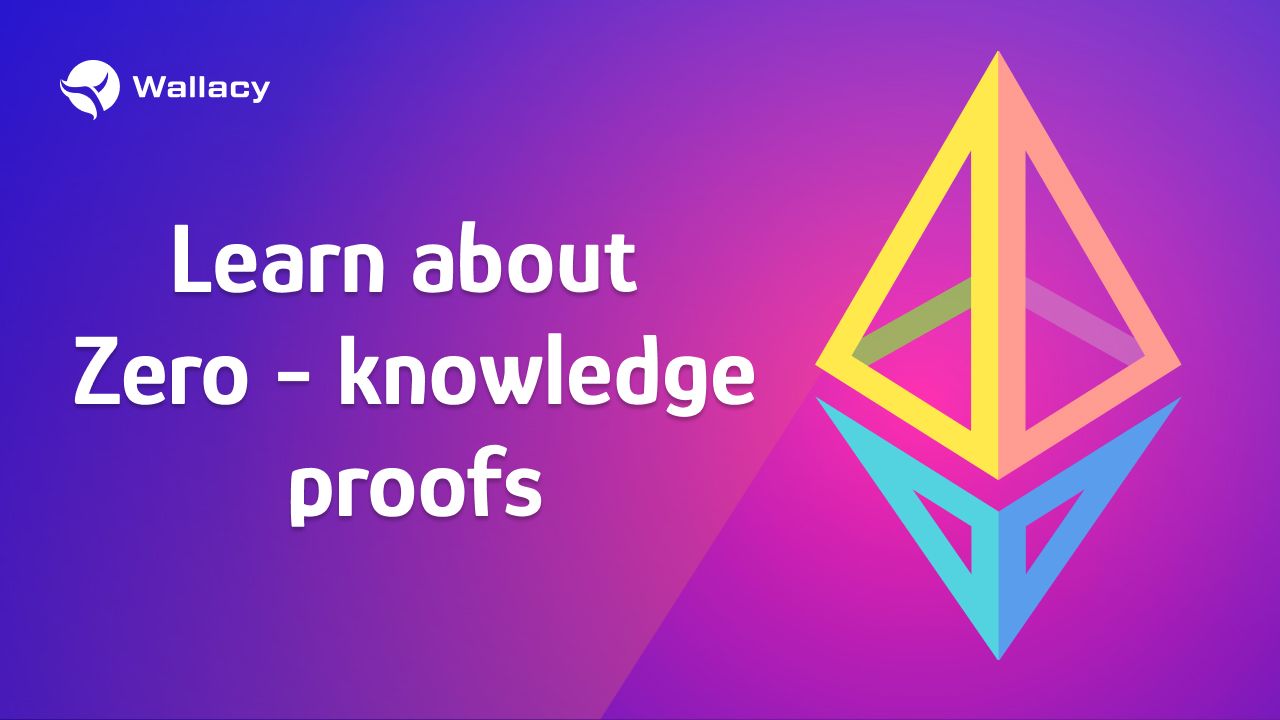Crypto Wikipedia
Search our knowledge base or browse categories below.
Learn about Zero - knowledge proofs

Zero-knowledge proofs (ZKP) are a type of cryptographic protocol in which one party can prove to another party that they know a certain piece of information or a secret without revealing the information itself. In other words, ZKPs allow one party (the prover) to convince another party (the verifier) that a statement is true, without revealing any additional information beyond the statement’s truth.
For example, consider a scenario where Alice wants to prove to Bob that she knows a secret code word, without revealing the code word itself. Using a zero-knowledge proof, Alice can prove to Bob that she knows the code word, without revealing it to him.
There are different types of zero-knowledge proofs, but most of them use complex mathematical algorithms to generate a proof that can be verified without revealing the underlying data. Some examples of zero-knowledge proofs include:
- ZKP of knowledge: This type of proof is used to demonstrate that the prover knows a secret key or password without revealing the key itself.
- ZKP of identity: This type of proof is used to demonstrate that the prover is who they claim to be, without revealing any additional identifying information.
- ZKP of ownership: This type of proof is used to demonstrate that the prover owns a particular asset or piece of information, without revealing any additional information about the asset.
ZKPs have many potential applications, particularly in the fields of privacy and security. For example, ZKPs can be used in online voting systems to ensure the privacy and security of the vote, or in secure communication systems to ensure the confidentiality of the communication without revealing the content of the messages.